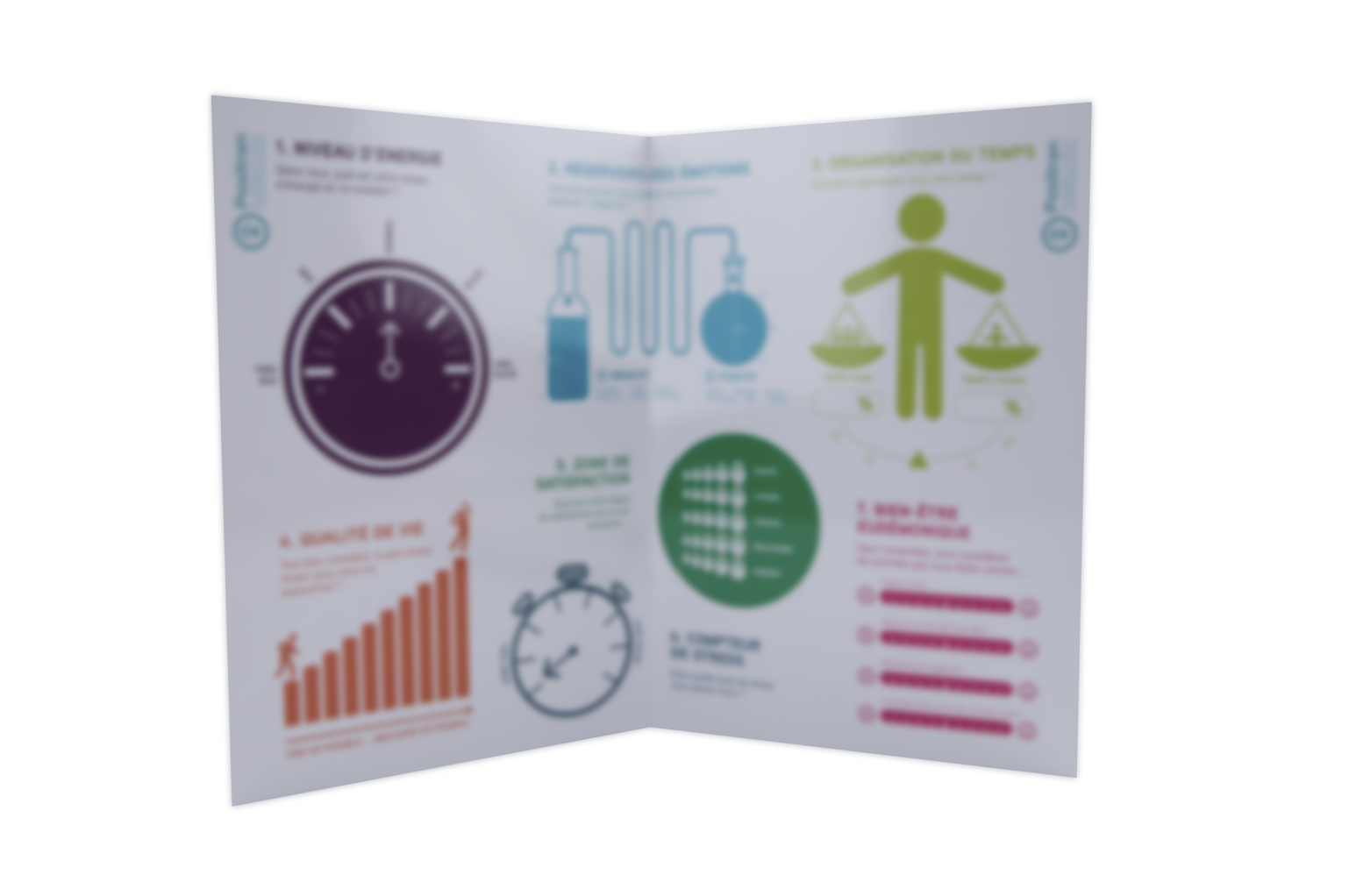
Stress Programme - Regulate your stress at work with the SPARK method
250€ HT - 300€ TTC
Stress: Activate the SPARK® method
In the face of constant uncertainty, resilience is no longer optional. This day equips you with the SPARK® model, a scientifically validated method for transforming adversity into a lever for performance and growth for you and your teams.
This training will take place on Tuesday, February 3, 2026 at our premises in Saint Germain en Laye.

Objectives
Analyze your own thought patterns in the face of adversity and develop your cognitive flexibility to adopt effective coping strategies.
Apply emotional regulation techniques to make good decisions even under conditions of intense stress.
Build your personalized resilience plan by identifying and strengthening your strengths, supports and sources of meaning, according to the principles of the SPARK® model.
Added values
For the participant:
You'll leave with a concrete, proven toolbox to "bounce back" more intelligently in the face of challenges. You'll learn to master your cognitive flexibility, regulate your emotions under pressure, and, most importantly, actively build the seven "muscles" of your resilience to not only survive, but thrive in the face of change.
For the company:
It's a direct investment in your organization's adaptability. Training your leaders in the SPARK® model reduces psychosocial risks, improves the quality of decision-making in times of crisis, and builds a culture where challenges are seen as opportunities for growth. It's the foundation for sustainable performance in a volatile world.
Issues addressed
Decision fatigue and repeated crisis management.
Team fatigue and disengagement in the face of constant change.
Prevention of psychosocial risks (PSR) and managerial burnout.
Difficulty maintaining vision and direction in times of high uncertainty.
Support employees in difficulty or lacking motivation.
Access conditions
Integrated training approach:
The training is based on an interactive and engaging teaching method, alternating theoretical contributions, individual and group exercises, simulations, role plays, and facilitated discussions centered on experience and sharing.
Experiential Methodology:
Self-diagnosis for personal awareness.
Workshops in subgroups promoting the exchange of ideas.
Concrete case studies to link theory to practice.
Role-playing games to simulate real-life situations.
Scientifically validated tools.
Optional (extra charge):
Possibility of follow-up modules or post-training coaching for individualized support.
Our training courses are accessible to people with disabilities.
A disability advisor is available to help you study the specific adjustments required.
Registration via a quote request or by email.
Access time according to the training programming schedule, subject to availability.
Registration is validated upon receipt of the signed agreement.
Contact: formations@positran.fr
Assessment methods
Assessment of acquired knowledge:
- Each activity aims to apply the concepts covered during the training.
- Questions/answers at the end of each teaching sequence
- Formative assessment through observation and feedback from the trainer and peers during workshops.
- Summative assessment through a concrete case study.
Satisfaction Questionnaire:
Hot off the press, to gather participants' immediate impressions.
Training Certificate:
- Certificate of completion of training mentioning the skills targeted.
- Certificate of completion.
3-month survey:
Measure impact with the percentage of participants who implemented key concepts.
Analyze your own thought patterns in the face of adversity and develop your cognitive flexibility to adopt effective coping strategies.
Apply emotional regulation techniques to make good decisions even under conditions of intense stress.
Build your personalized resilience plan by identifying and strengthening your strengths, supports and sources of meaning, according to the principles of the SPARK® model.
For the participant:
You'll leave with a concrete, proven toolbox to "bounce back" more intelligently in the face of challenges. You'll learn to master your cognitive flexibility, regulate your emotions under pressure, and, most importantly, actively build the seven "muscles" of your resilience to not only survive, but thrive in the face of change.
For the company:
It's a direct investment in your organization's adaptability. Training your leaders in the SPARK® model reduces psychosocial risks, improves the quality of decision-making in times of crisis, and builds a culture where challenges are seen as opportunities for growth. It's the foundation for sustainable performance in a volatile world.
Decision fatigue and repeated crisis management.
Team fatigue and disengagement in the face of constant change.
Prevention of psychosocial risks (PSR) and managerial burnout.
Difficulty maintaining vision and direction in times of high uncertainty.
Support employees in difficulty or lacking motivation.
Integrated training approach:
The training is based on an interactive and engaging teaching method, alternating theoretical contributions, individual and group exercises, simulations, role plays, and facilitated discussions centered on experience and sharing.
Experiential Methodology:
Self-diagnosis for personal awareness.
Workshops in subgroups promoting the exchange of ideas.
Concrete case studies to link theory to practice.
Role-playing games to simulate real-life situations.
Scientifically validated tools.
Optional (extra charge):
Possibility of follow-up modules or post-training coaching for individualized support.
Our training courses are accessible to people with disabilities.
A disability advisor is available to help you study the specific adjustments required.
Registration via a quote request or by email.
Access time according to the training programming schedule, subject to availability.
Registration is validated upon receipt of the signed agreement.
Contact: formations@positran.fr
Assessment of acquired knowledge:
- Each activity aims to apply the concepts covered during the training.
- Questions/answers at the end of each teaching sequence
- Formative assessment through observation and feedback from the trainer and peers during workshops.
- Summative assessment through a concrete case study.
Satisfaction Questionnaire:
Hot off the press, to gather participants' immediate impressions.
Training Certificate:
- Certificate of completion of training mentioning the skills targeted.
- Certificate of completion.
3-month survey:
Measure impact with the percentage of participants who implemented key concepts.












